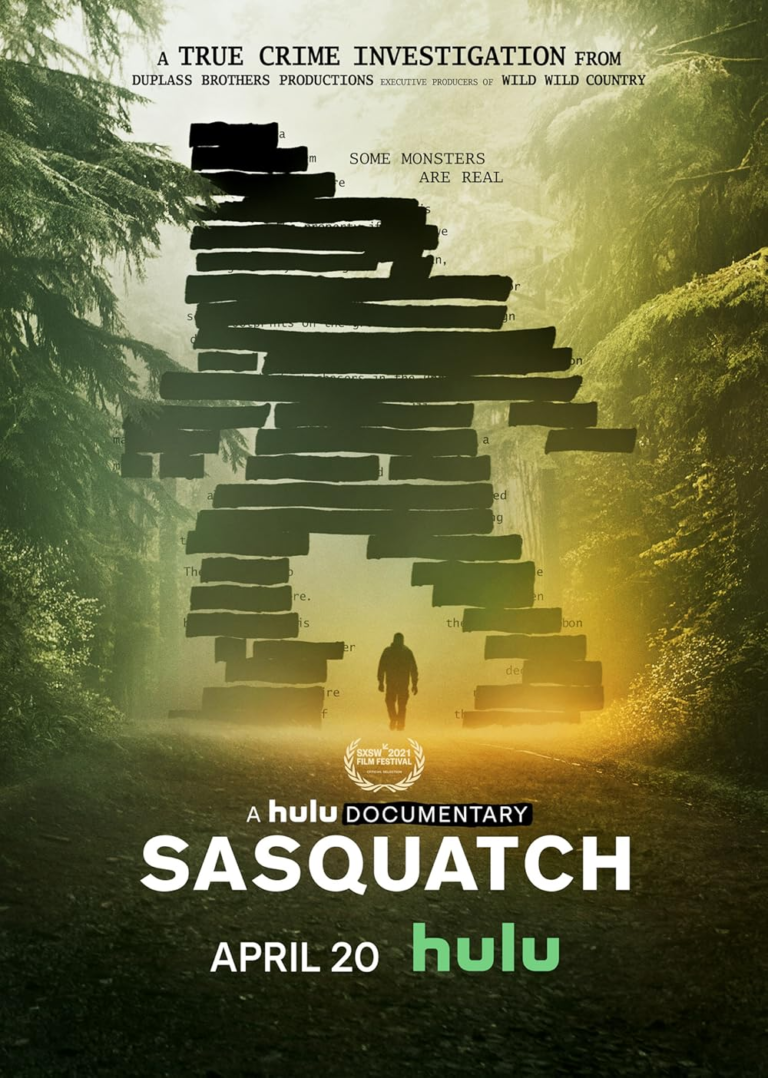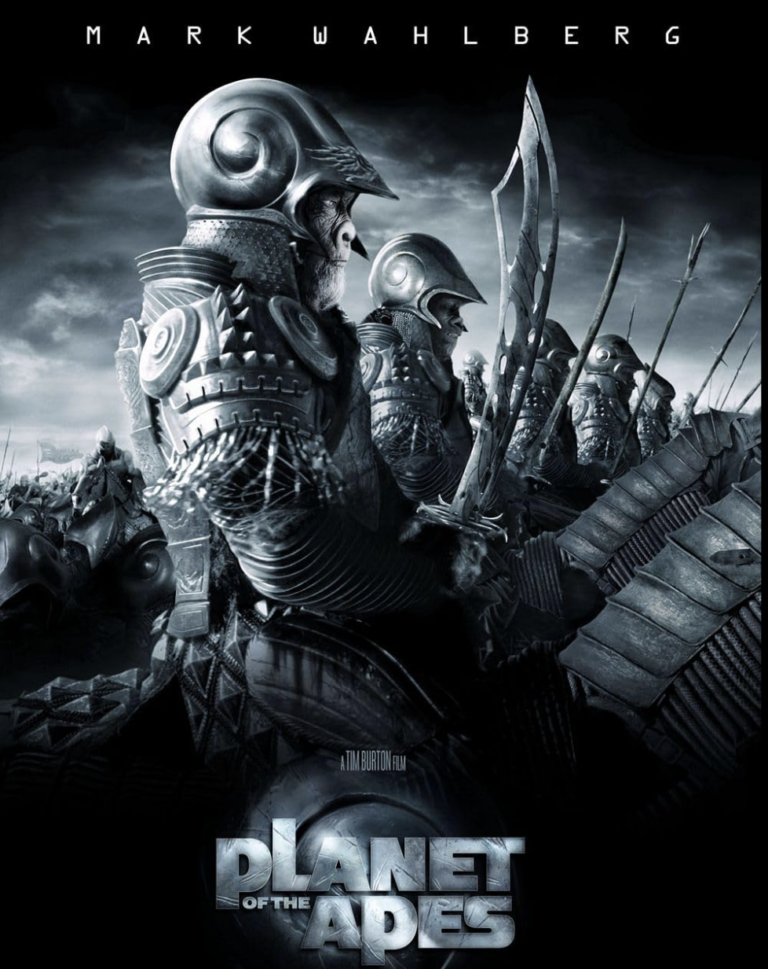For All Mankind Christian Review

Space. It’s vast, enigmatic, and brimming with potential—a reminder of how small we are and how incredible the human spirit can be when it seeks to stretch beyond its limits. For All Mankind captures this essence, wrapping it in an alternate history that dares to ask, “What if the space race never ended?” But this isn’t just a story about rockets and moon landings. It’s about people—flawed, determined, hopeful—and the sacrifices and triumphs that come with chasing something bigger than ourselves.
As a Christian watching For All Mankind, I found myself enthralled and challenged in equal measure. The show does more than entertain; it forces you to think about the cost of ambition, the role of innovation, and what it means to live with purpose.
Alternate History: A Mirror to Reality
First, let’s talk about the premise because it’s pure genius. In this universe, the Soviets beat the United States to the moon. That one change is the domino that knocks over everything else. America doubles down, NASA refuses to lose, and suddenly the space race is an endless, evolving marathon rather than a brief sprint.
It’s fascinating to watch history unfold differently. The show doesn’t rewrite the past as much as it remixes it, blending familiar moments with bold reimaginings. Women and people of color rise through the ranks earlier than in real life. Technology advances faster. Society shifts, often for the better, but not without its hiccups.
For Christians, the premise alone can feel like a call to reflect on how different the world might be if we pursued justice and progress with the same tenacity that For All Mankind’s characters bring to space exploration. What if we were as relentless in spreading the gospel and loving our neighbors as NASA is in this fictional timeline?
Space: The Final Frontier and a Testament to God
There’s something inherently spiritual about the way the series captures space. Every shot of the stars, the moon, or even the earth from orbit is a visual hymn, a quiet but powerful reminder of Psalm 19:1—”The heavens declare the glory of God; the skies proclaim the work of his hands.”
The beauty of space in For All Mankind isn’t just aesthetic; it’s humbling. The vastness reminds us of God’s infinite nature, while the fragile lives of the astronauts remind us of our dependence on Him. It’s a strange, exhilarating balance: humanity as explorers and stewards, yet still small before an Almighty Creator.
Flawed Heroes and Relatable Humanity
What truly sets For All Mankind apart from other space dramas is its characters. These are not untouchable paragons of virtue. They are messy, complicated, and often their own worst enemies. Astronauts wrestle with their egos. Engineers struggle to balance ambition with ethics. Families bear the weight of dreams that demand too much.
This messiness is what makes them so compelling—and so reflective of real life. As Christians, we know that God works through broken people. David was an adulterer, Peter denied Christ, and Paul persecuted believers. Yet, God used them to accomplish incredible things. The characters in For All Mankind might not explicitly seek God, but their struggles and growth resonate with the idea of being refined through trials.
The Double-Edged Sword of Progress
Progress is a recurring theme in the series, but it’s not treated as an unqualified good. Yes, this alternate history achieves incredible milestones, but every leap forward comes with a cost. Marriages strain under the pressure. Friends betray each other. People die, sometimes because of human error, sometimes because of pride.
This tension mirrors our own struggles with ambition. As Christians, we are called to work diligently (Colossians 3:23), but we’re also warned against the dangers of pride and selfish ambition (Philippians 2:3-4). For All Mankind doesn’t offer easy answers, and that’s what makes it so powerful. It forces viewers to wrestle with hard questions: How far is too far? What are we willing to sacrifice for success?
Women, Diversity, and the Redemption of Representation
One of the most refreshing aspects of the show is its commitment to representation. Women and minorities play key roles, not as tokens but as fully realized characters with agency, flaws, and dreams. This isn’t about checking boxes; it’s about imagining a better world.
As believers, we know that every person is made in the image of God (Genesis 1:27). Watching For All Mankind, it’s hard not to celebrate the way it amplifies voices that were historically marginalized. It’s a beautiful, if fictional, glimpse of what could happen when we take the command to love our neighbors seriously.
Awe and Fear in the Face of the Unknown
Space exploration is thrilling, but it’s also terrifying. For All Mankind captures both emotions with equal skill. Every mission feels like a gamble, and the stakes are as high as the heavens. Characters confront their mortality, question their purpose, and wrestle with fear.
For Christians, these moments hit home. We, too, are called to step into the unknown, trusting that God goes before us (Deuteronomy 31:8). Whether it’s a leap of faith in our personal lives or a literal leap into space, the courage required is the same.
Where the Show Shines—and Stumbles
No show is perfect, and For All Mankind has its flaws. Some storylines feel stretched too thin, and not every character arc lands with the same impact. The third season, while strong, revisits a controversial plotline that might leave some viewers divided.
Yet these imperfections are minor compared to the show’s overall brilliance. The writing is sharp, the pacing is deliberate, and the production values are top-notch. It’s clear that this is a labor of love, and that passion shines through in every frame.
Final Thoughts
For All Mankind isn’t just a show about space; it’s a show about humanity. It’s about our capacity for greatness and our propensity for failure. It’s about hope, ambition, and the costs of both. From a Christian perspective, it offers a rich tapestry of themes to unpack, from the majesty of creation to the complexities of moral decision-making.
This is the kind of series that stays with you long after the credits roll. It challenges you to think, to feel, and, perhaps most importantly, to dream. For that, I give it an 8/10. It’s not flawless, but it’s honest, inspiring, and deeply human—qualities that make it more than worth the watch.






